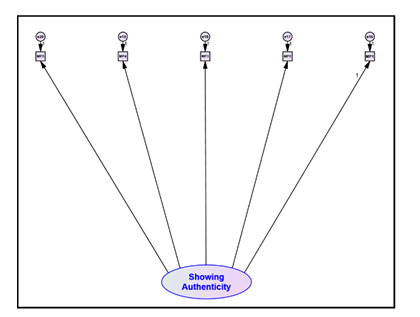
Abstract: Teachers who have been teaching
for a long time will often use the same methods and they will be in their
comfort zone and at this stage change is difficult to do. Servant leadership is
a follower-oriented leadership style, so servant leadership is expected to
increase employee satisfaction, commitment and performance (van Dierendonck,
2018). In addition, servant leaders work to meet the psychological, well-being
and career development needs of followers so that followers not only show a
positive attitude towards work, but are also more proactive and work more
effectively (Eva, Robin, Sendjaya, van Dierendonck & Liden, 2019; Sendjaya,
Sarros, & Santora, 2018; van Dierendonck, 2018). This study was conducted to develop and validate an
instrument based on the EFA process for measuring the Servant Leadership (based on Valuing Individuals, Building Intellectual
Stimulation, Building Communities, Showing Authenticity), Headmaster Motivation
and Innovative Teachers
of Terengganu National Schools. This study uses quantitative research methods based on
Structural Equation Modeling (SEM) to analyze various relationships between
variables in the study model. Before the data is analyzed using SEM,
Exploratory Factor Analysis (EFA) is carried out to identify the appropriateness
of the items used in the research instrument. This study describes in detail
the procedure of conducting EFA analysis for each construct. The findings of
this study show validity values based on Kaiser-Meyer-Olkin (KMO), Total Variance Explained (TVE), Factor Loading (FL)
and reliability values based on Cronbach's Alpha (CA), have met all the
required values.
Keywords: Exploratory Factor Analysis (EFA), Validity, Total
Variance Explained, Factor Loading, Reliability.
